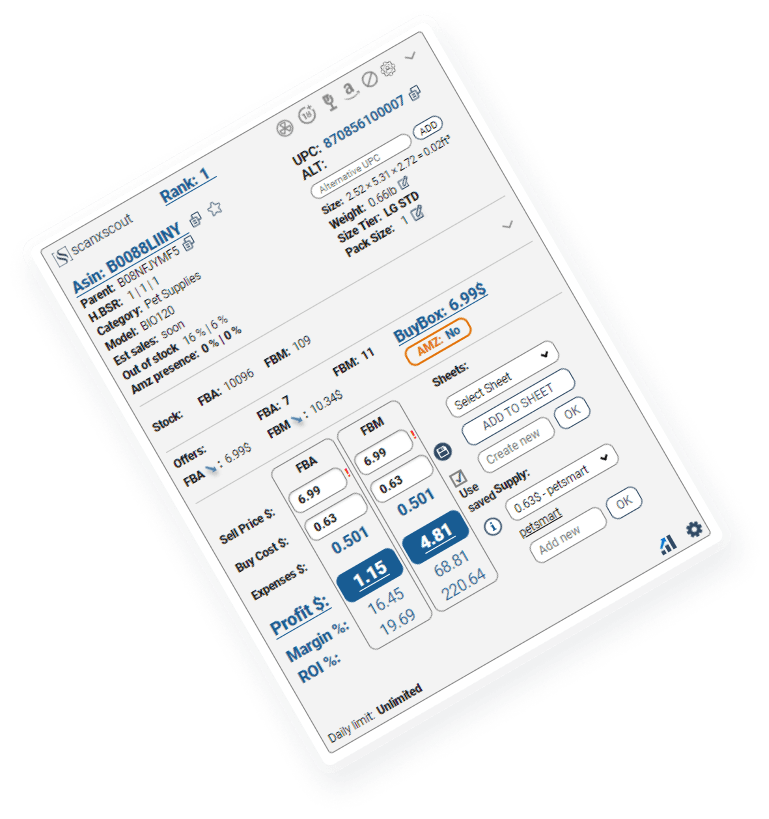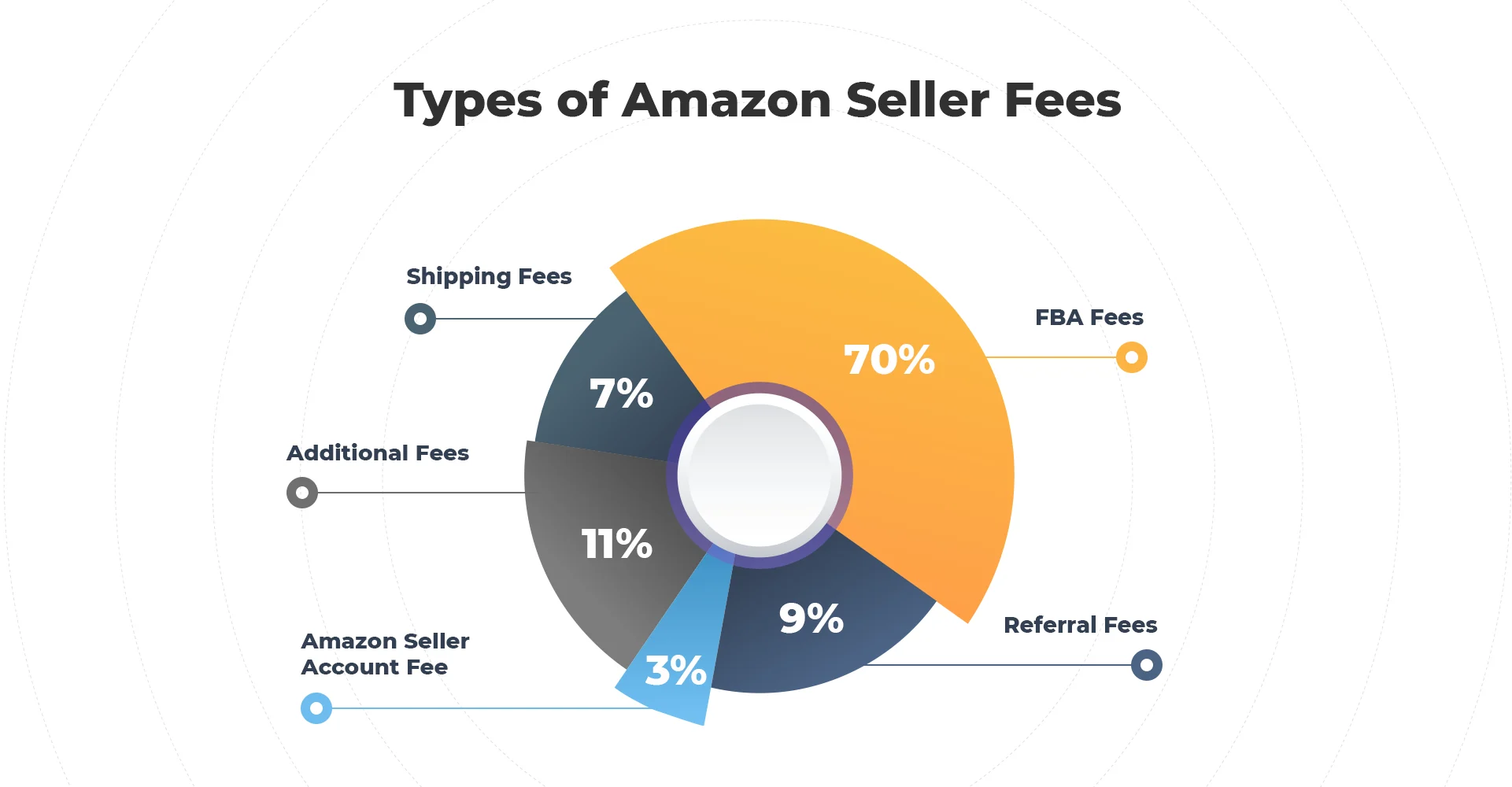🛒 Navigating Amazon FBA Sales Taxes: What Sellers Need to Know 🛒
If you’re a seller on Amazon utilizing Fulfillment by Amazon (FBA), understanding sales tax obligations is crucial. FBA offers convenience and efficiency in handling orders, but it also brings about tax complexities that require careful attention. Here’s what you need to know:
- Nexus Determination: Sales tax obligations hinge on the concept of “nexus,” which refers to a connection between a seller and a state significant enough to warrant tax collection. With FBA, storing inventory in Amazon’s fulfillment centers can create nexus in multiple states, triggering sales tax responsibilities.
- State-by-State Regulations: Sales tax regulations vary from state to state. Each state has its own threshold for determining when sales tax collection is required based on factors like revenue or transaction volume. Sellers must stay informed about the specific requirements of each state where they have nexus.
- Tax Collection and Remittance: Once nexus is established, sellers are typically required to collect and remit sales tax on eligible transactions. Amazon provides tools like the Marketplace Tax Collection (MTC) program to assist sellers in managing tax collection, but ultimately, it’s the seller’s responsibility to ensure compliance.
- Voluntary Disclosure Programs: For sellers who may have previously been unaware of their sales tax obligations or have fallen behind in compliance, many states offer voluntary disclosure programs. These programs allow sellers to come forward, pay back taxes, and achieve compliance while potentially receiving reduced penalties or waived interest.
- Tax Automation Solutions: Given the complexities of sales tax compliance, many sellers opt to utilize tax automation software. These solutions can help calculate, collect, and remit sales tax across multiple states, streamlining the process and reducing the risk of errors.
- Consultation with Tax Professionals: When in doubt, seeking guidance from tax professionals experienced in e-commerce and FBA can provide invaluable assistance. They can help assess your specific situation, navigate complex tax laws, and develop strategies for compliance and risk mitigation.
In conclusion, while Amazon FBA offers tremendous opportunities for sellers, it also comes with intricate sales tax implications. By staying informed, leveraging available resources, and seeking professional guidance when needed, sellers can effectively manage their sales tax obligations and avoid potential pitfalls.
Got questions or insights to share about Amazon FBA sales taxes? Drop them in the comments below! 💬


 128
128